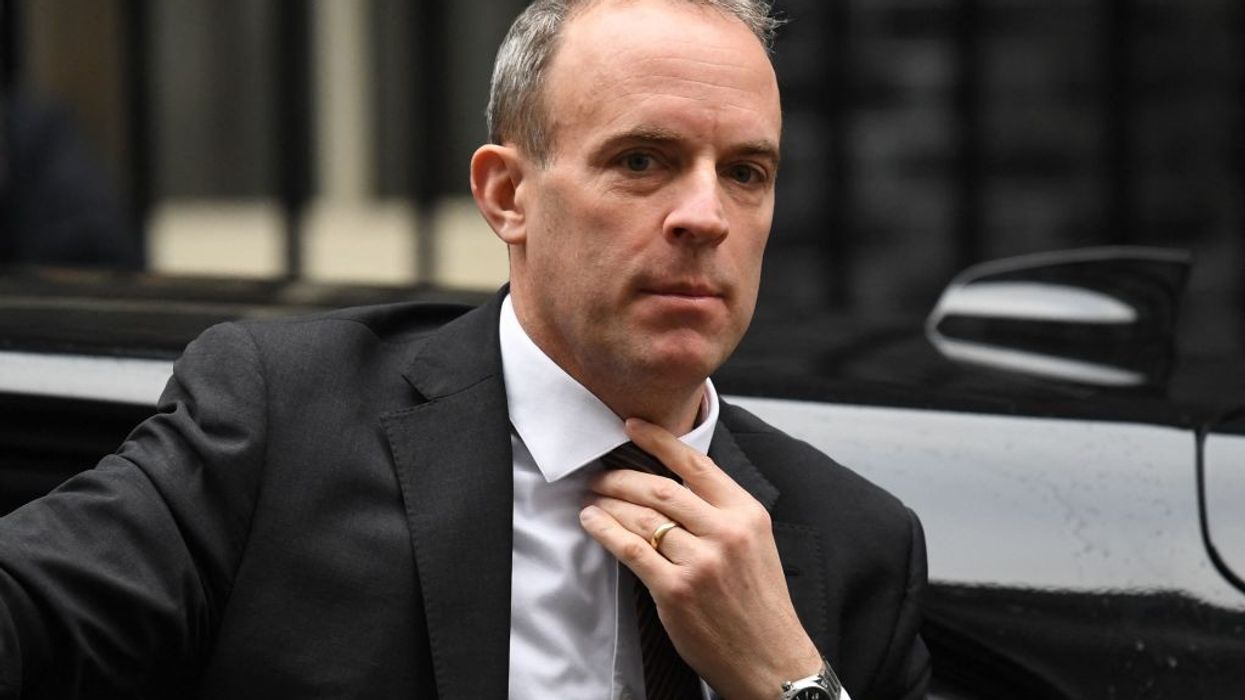DEPUTY prime minister Dominic Raab has unveiled plans to “restore a common-sense approach” to the UK’s ability to deport foreign criminals like drug dealers and terrorists.
His proposals seek to restrict the rights available to those subject to deportation orders, as criminals “too often exploit human rights laws” of Britain.
The proposed legislation allows more scope for the UK to decide how the country should interpret rulings from the European Court of Human Rights in Strasbourg.
Raab, who is also the justice secretary, said on Tuesday (14) that the plans will prevent “abuses of the system” and add “a healthy dose of common sense”.
According to the government, the proposed measures will restore parliament’s role as the ultimate decision-maker on laws impacting the UK population.
It said the plans aim to strike a “proper balance” between individuals’ rights, personal responsibility and the wider public interest.
This would be achieved while retaining the UK’s commitment to the European Convention on Human Rights (ECHR).
“The proposals achieve this by restricting the rights available to those subject to deportation orders, strengthening the existing legal framework or limiting the grounds on which a deportation decision can be overturned. This - alongside a wider home office in its New Plan for Immigration - will reduce pull factors to the UK being exploited by people smugglers facilitating dangerous small boat crossings”.
It is estimated that 70 per cent of successful human rights challenges are brought by foreign national offenders who cite a right to family life in the first instance when appealing deportation orders.
Raab’s proposals also include measures to introduce a permission stage that will intercept frivolous claims that sap the energy and resources of courts.
The plans will give the Supreme Court more ability to interpret human rights law in a UK context, meaning the government can enforce rules designed to tackle forced marriages without fear of intervention from Strasbourg.
Raab said, “The UK will remain a party to the ECHR and continue to meet its obligations under the convention and all other international human rights treaties.”




